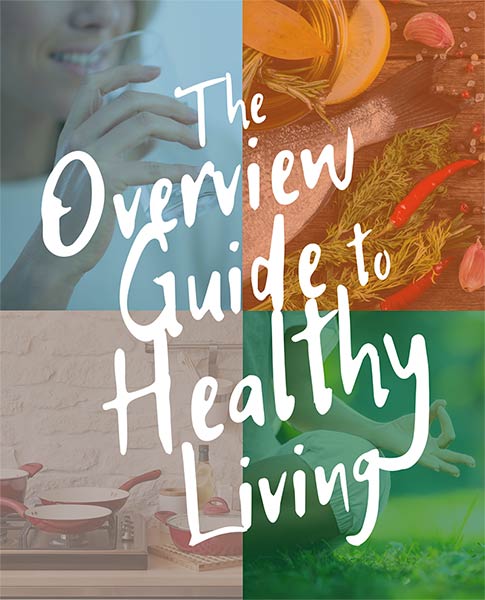Part 1 – Sports Nutrition for Athletes in Training: Going Gluten-Free
If you’re a serious athlete or tennis player, you’ve most likely heard of “Superman,” Novak Djokovic, the currently ranked number one tennis player in the world with 12310 points. Andy Murray follows him with 9360.
In 2010, despite showing exceptional promise, Djokovic was struggling on the tennis court with dizziness and shortness of breath. A doctor in his native Serbia saw his behavior on the court via television and contacted him to recommend a physical and a change in diet. After starting a strict gluten-free diet, Djokovic’s game completely changed. In just a few months, he reached the number one spot in the world. You can read ESPN’s “Freak of Nurture: Has Novak Djokovik Harnessed the Untapped Powers of His Body?” at ESPN’s Tennis website.
Thanks to Djokovic and other famous “gluten-free” and “primal diet” athletes, I have no difficulty getting my athletes away from gluten and other grain based carbohydrates.
Whether you are an Olympian, or a weekend warrior, your performance, too, can be improved by going gluten free. Here, I outline some general diet tips for athletes in training. While change takes focus and effort, my athletes see the following results they see after eliminating gluten (and grains in general):
- Better performance
- Quickest post-training and post-competition recovery
- Reduced injuries
- Faster recovery from injury
Athletes Can Get Off that Grain and Win!
At the heart of the gluten-free diet lies a dedication to consume carbohydrates derived from sources other than grain-based foods: breads, rice and pasta. Despite its glowing reputation, whole wheat should be avoided as well. Grain (seeds from grasses) intake is linked to inflammation, AGEs – advanced glycation end products – impaired immune function, oxidative stress, etc. Inflammation stresses our physiology all the way from the smaller unit of life, the cell, to the muscle fibers, joints, bones, organs and systems.
Carbo-Loading from Sources Other Than Grains
Carbo-loading, the darling of the 1980s sports nutrition field, has been over-promoted. Because the avoidance of inflammation leads to optimal health and performance, the carbohydrate portion of an athlete’s diet should come from leafy green vegetables, some fruit, starchy vegetables (yams, sweet potatoes, squashes), and, if tolerated, I usually allow some quinoa or sprouted rice. Avoid all foods made from glutinous grains like wheat and rice.
By switching the carbohydrate sources from grains to root vegetables (eaten with plenty of butter or other healthy fats) athletes still provide muscles with the glycogen stores necessary to perform, while eliminating inflammation.
A Modified Primal Diet is Gluten-Free
The “primal diet” has become a big buzz word in the sports nutrition field as well as in many athletic circles. I recommend athletes follow a “modified” primal-type diet, with about 200 grams of carb on training days, and as much as 300-500 grams of carbs the day before and the day of the event. Some people, particularly athletes training for marathon runs, bike races and more, need as much as 600-800 grams of carbohydrates the day before and the day of.
Stay tuned for my next article of this series! Next week I will discuss sample meals, snack and supplements recommended to improve athletic performance, and speed recovery.
If you’re considering a diet that will optimize your health, athletic performance and even your mood, a free 15-min consultation with Healthy Living San Diego will leap you ahead of the learning curve. More, I can help PERSONALIZE a gluten-free, primal or training diet to your lifestyle and medical issues. Call 619-208-8159 or contact me with your questions! Get helpful tips and notification of great healthy events when you like us on our Healthful Living Facebook page as well!
